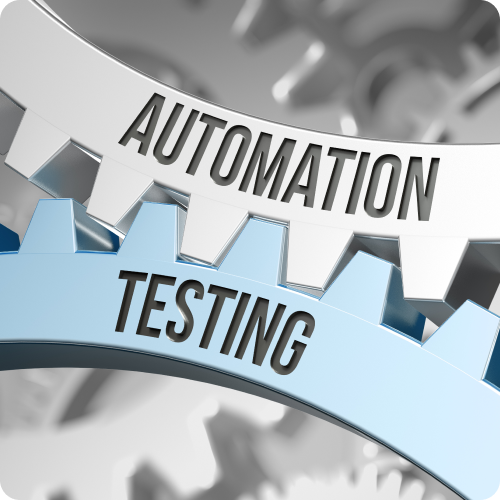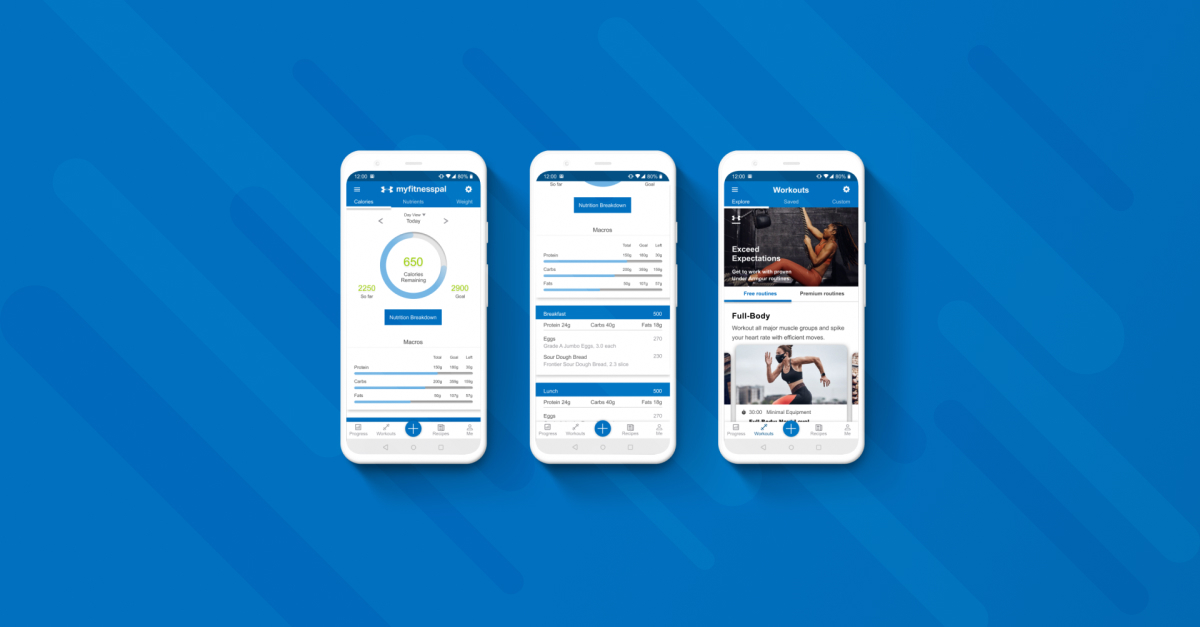Considering a CMS upgrade?
Being one of the most reliable and secure Content Management Systems (CMS), Drupal is highly popular for developing websites and web applications. As Drupal was launched in 2001 within the open source community, its several versions have been introduced till date. The latest version in each series fixes the issues that were discovered in the previous version. The newest version, Drupal 8 has some advantages over Drupal 7 with advanced technology and some helpful upgrades and features. It is often considered better to start with the latest stable version as the older ones could be outdated in the near future. However, being an entreprenuer, you need know the requirements of your business website in order to choose the best suited version for your next Drupal-based project. Would the latest technology help or hinder your organization’s progress?
Prior to starting a project, certain technical and performance differences between Drupal 7 and Drupal 8 can prove out to be quite beneficial to you and help you choose the best-suited version for your business needs.
Key differences between Drupal 7 and Drupal 8 include the following:
- Code Framework: As compared to Drupal 8, Drupal 7 does not have a powerful framework in order to manage its codebase. It is true that numerous developers still use Drupal 7 codebase to write functions, but the lack of framework features makes it harder to oversee code viably. Drupal 8, on the other hand, comes integrated with Symfony framework, a high performing PHP framework with improved code security. Symphony can effectively help developers with certain features such as, routing, object-oriented programming, etc.
- Availability of Plugin/Extension: As Drupal 8 is new, it does not have a wide scope of plugins accessible. Whereas, Drupal 7 plugins do not have a version for Drupal 8. This makes it hard for developers to work with Drupal 8 as they have to compose custom modules to execute functionality due to the lack of plugins. Also, Drupal 7 has tons of plugins available in order to integrate and support numerous features.
- Theme Engine: The new theme engine provided by Drupal 8 – Twig, can help web developers create beautiful and highly functional websites according to varying business needs. This PHP-based theme engine allows programmers to write templates using a simpler syntax. But it can still be used to create templates which are fast and also, secure. This is better as compared to Drupal 7 as Twig assists with faster rendering and caching as it uses Symfony architecture.
- Cached Page Delivery: As compared to Drupal 8, Drupal 7 is twice as fast at delivering the cached pages to anonymous users. Drupal 8 is based on a PHP core that is slower to parse than Drupal 7 and it also uses more memory.
- Responsive Design: Drupal 7 has a different approach to manage the appearance of site on various devices and screens. Drupal 8 on the other hand, makes use of the breakpoint media queries that helps in saving any extra efforts to make a website responsive on various other devices. As a result, it makes it much easier to create a responsive design across different platforms.
Now that you are aware of the key differences between Drupal 7 and Drupal 8, how do you decide which one you need for your unique business needs? Let Resourcifi help you find the right fit for your business needs. Hire a Drupal developer from us and bring that desired change in your business. Contact us today at [email protected].








































